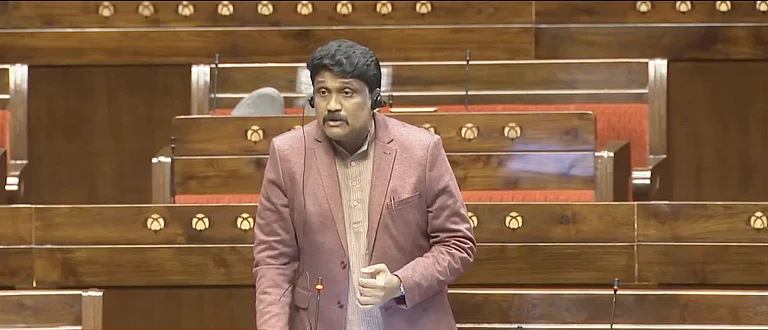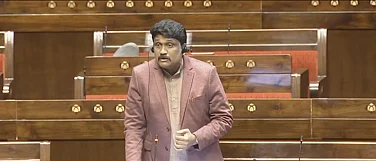It must be among the most regressive, abominable and anti-women pieces of writing ever published in a leading mainstream Indian newspaper. An editorial titled ‘Me Too Mahaamari’ (Me Too Epidemic) published in leading Odia daily Samaj last Sunday (October 21) termed the women who have come out in the open to recount their tales of sexual exploitation at the hands of their bosses or seniors at the workplace as part of the #MeToo campaign in India as baaraanganaa (prostitutes) who used their bodies to move up the career ladder. As if that was not enough, it asks the women why they don’t send their younger female relatives to extract their pound of flesh since their old bodies don’t hold any charm for men anymore!

Surprisingly though, this obnoxious editorial has remained largely unprotested so far. Organisations and individuals working for women’s rights, who normally hit the streets at the drop of a hat, woke up very late and are organising the first protest demonstration against the Samaj article on Thursday evening, four days after it appeared. No politician has spoken up against it nor has the Women’s Commission taken note of it. No one has bothered to comment on the article in mainstream media either. Even the demonstration today comes only after a few people took up the issue on social media in the last couple of days.
The author of the article, Niranjan Rath, all India secretary of Loksevak Mandal that runs Samaj and publisher of the newspaper, however, remains absolutely nonchalant, defiant and unrepentant. “Show me what is derogatory about women in the article. All that has been said is that those who use their bodies to move up in career are doomed,” he told Outlook in a telephonic conversation.
Asked if Samaj would apologise for the article in view of the protest by women organisations, he said: “we have the highest regard for women. But where is the question of an apology when we haven’t done anything wrong? Let them show where we have said anything derogatory about women. If they are able to convince us that it is anti-women, we shall think about an apology.”
Notwithstanding what the author says, however, even a cursory reading of the article is enough to get the goat of anyone – not just women – over its grossly medieval and misogynistic tone, tenor and language. Sample this: “You remained where you were even after offering your body. But this beta (perpetrator) must be dragged off his pedestal. If that is what he was, why didn’t you pay a higher price? You have grown old and your body is now wrinkled. But why didn’t you send any younger blood relative to him and bargain?” Or this: “It looks like this Me Too epidemic will finish our civilization, culture, values and faith. If that is what we are, we are certain to perish.”
Curiously, the same Samaj published two editorials on either side of this offensive article – one on October 18 and another October 23 – that take a diametrically opposite view and welcome the #MeToo movement while sounding a cautionary note about its possible misuse. The answer to the glaring difference in the tenor of the articles lies in the peculiarities of the power structure in the newspaper, which is run by the Loksevak Mandal trust founded by Lala Lajpat Rai. The top honchos of the trust (and Niranjan Rath is certainly one as its all India secretary) wield tremendous clout in the organisation and act like an ‘extra-constitutional’ authority. The editorial department is powerless before this clique, which does what it wants and gets away with it.
One possible reason for the near-total absence of outrage and protest over the article could be the fact that the rich and the powerful – politicians, businessmen, academics and intellectuals – in Odisha genuflect before this 99-year old newspaper founded by Utkalmani Gopabandhu Das, one of the most well-known freedom fighters and social reformers of the pre-Independence era, because of its hoary past. One of the first things that ministers – and even some Chief Ministers – in the state do after taking over is to pay a courtesy visit to Samaj and pay their obeisance at the statue of Gopabandhu inside the premises of the newspaper in Cuttack. No wonder no one wants to be on the wrong side of the highly influential newspaper.
But with women’s organisations finally waking up to the issue, it looks like the conspiracy of silence will be finally broken.


















.jpg?w=200&auto=format%2Ccompress&fit=max)







